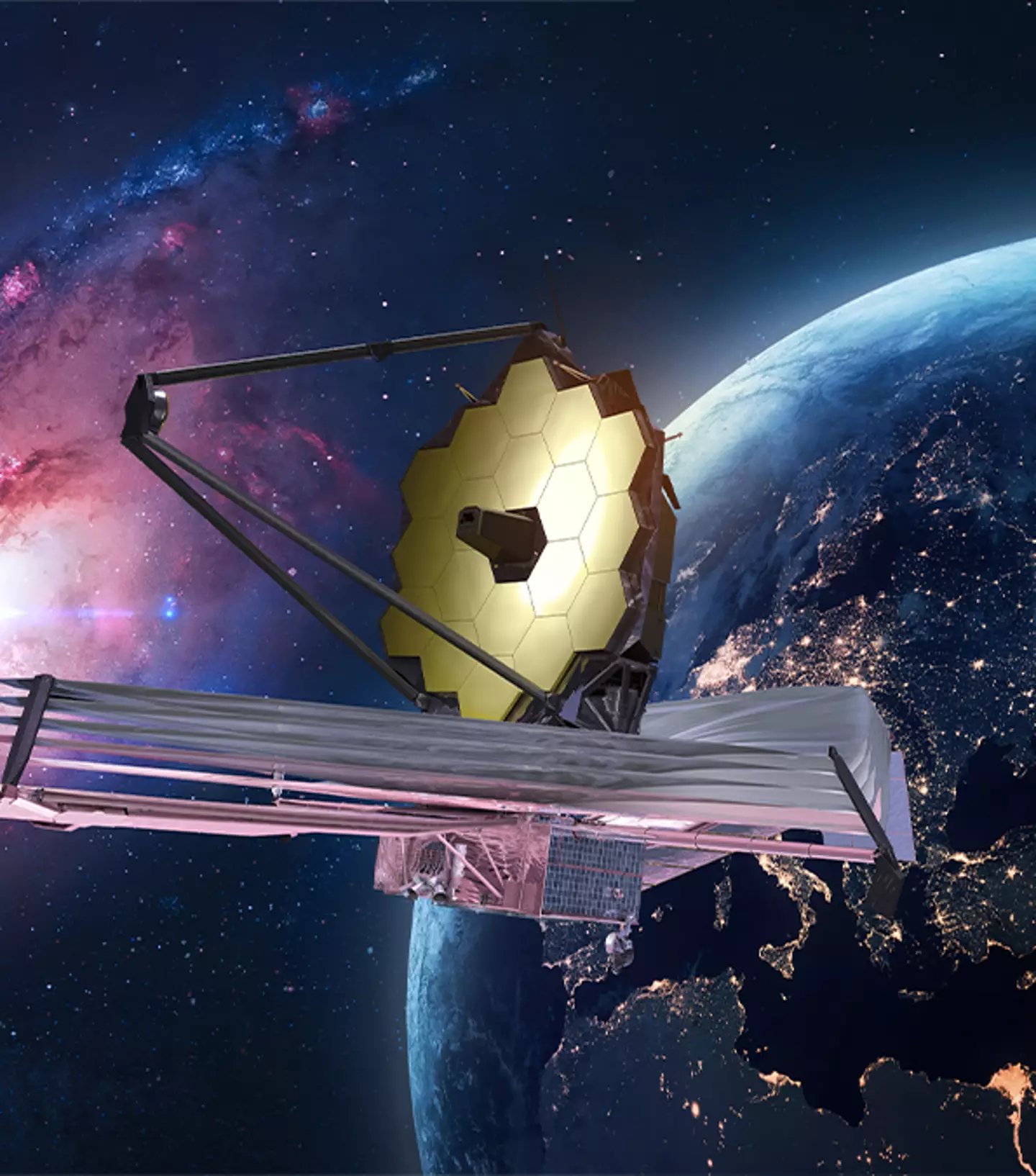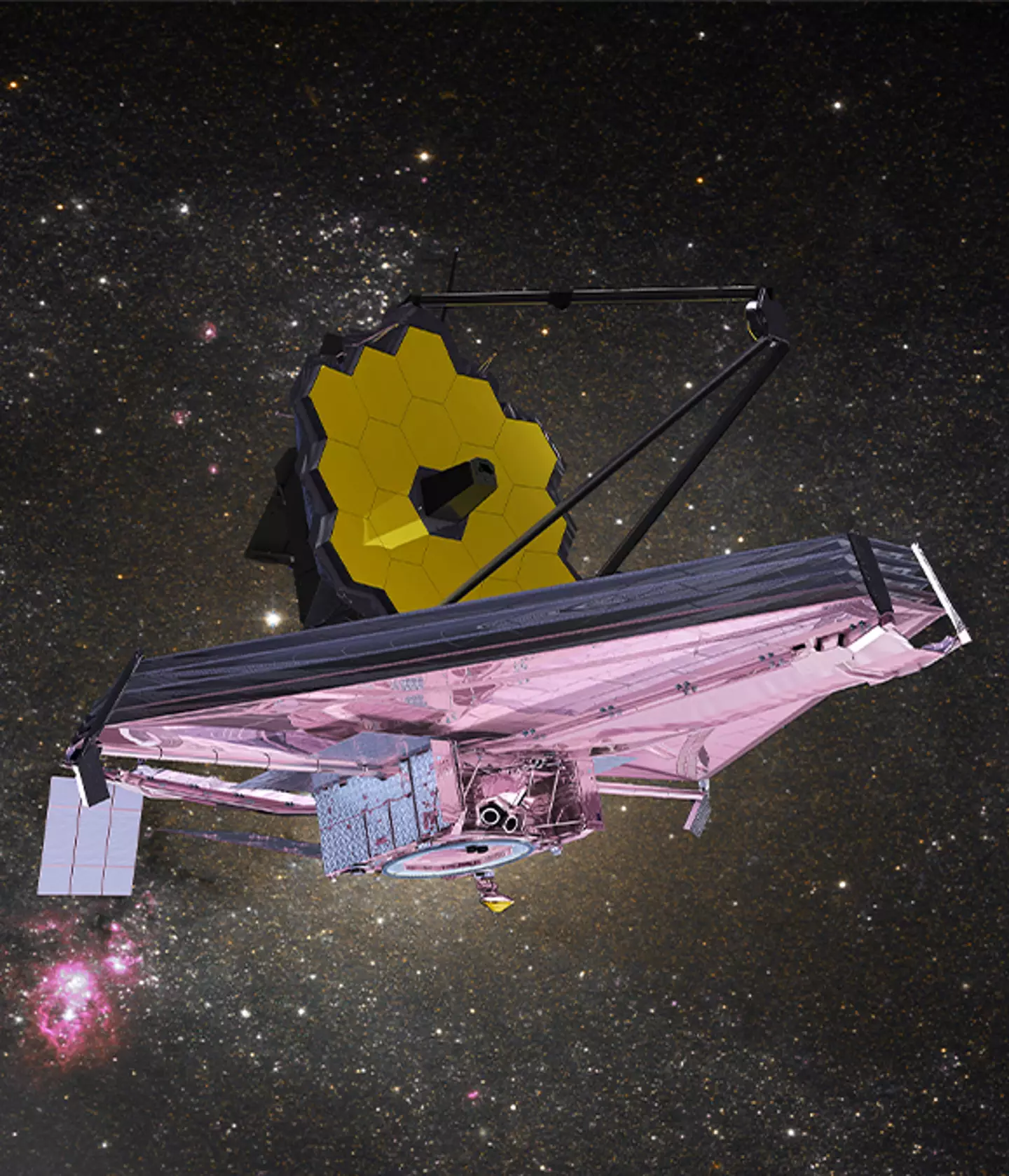
The Big Bang theory was thought up almost 100 years ago by Father Georges Lemaître.
Since then, scientists and the public accepted it as the origin of the universe.
It's the idea that 13.8 billion years ago, our universe started from a tiny, dense, and incredibly hot point which then exploded and expanded to create the ever-expanding universe that we know today.
However, new research is challenging this science as to whether the Big Bang ever really happened, reviving a theory that’s almost 100 years old.
Advert
In a paper published in the journal Particles, Lior Shamir, an associate professor at Kansas State University, argues that light photons lose their energy as they travel through the vast distances of space.
Known as the 'tired light' theory, the idea was proposed by astronomer Fritz Zwicky in 1929 and explains the redshift phenomenon which in the photon energy of light decreases as its wavelength increases (or when galaxies move further away from us).

In other words, the theory suggests that the universe is 'static' rather than constantly expanding.
Astronomers have widely dismissed the tired light theory over the years but new data from the James Webb Space Telescope has brought it back into the spotlight.
"In the 1920s, Edwin Hubble and George Lemaitre discovered that the more distant the galaxy is, the faster it moves away from Earth," said Shamir.
"That discovery led to the Big Bang theory, suggesting that the universe started to expand around 13.8 billion years ago."
He added: "The tired light theory was largely neglected, as astronomers adopted the Big Bang theory as the consensus model of the universe.
"But the confidence of some astronomers in the Big Bang theory started to weaken when the powerful James Webb Space Telescope saw first light."

Instead of observing a universe filled with young, newly-formed galaxies, data from the JWST has displayed large, mature galaxies.
"If the Big Bang happened as scientists initially believed, these galaxies are older than the universe itself," the professor argued.
He proposes that what he is saying backs up Zwicky's original theory.
According to Shamir, his evidence found that 'the difference in the redshift increased when the galaxies were more distant from Earth.'
He continued: "Because the rotational velocity of the Earth relative to the galaxies is constant, the reason for the difference can be the distance of the galaxies from Earth.
"That shows that the redshift of galaxies changes with the distance, which is what Zwicky predicted in his Tired Light theory."
However, whether other scientists will consider the theory is still uncertain.
Many astronomers have pointed out that if photons really lost energy as they travelled through space, we’d expect distant objects to appear blurry. But so far, there’s no solid evidence of photons showing this behaviour.